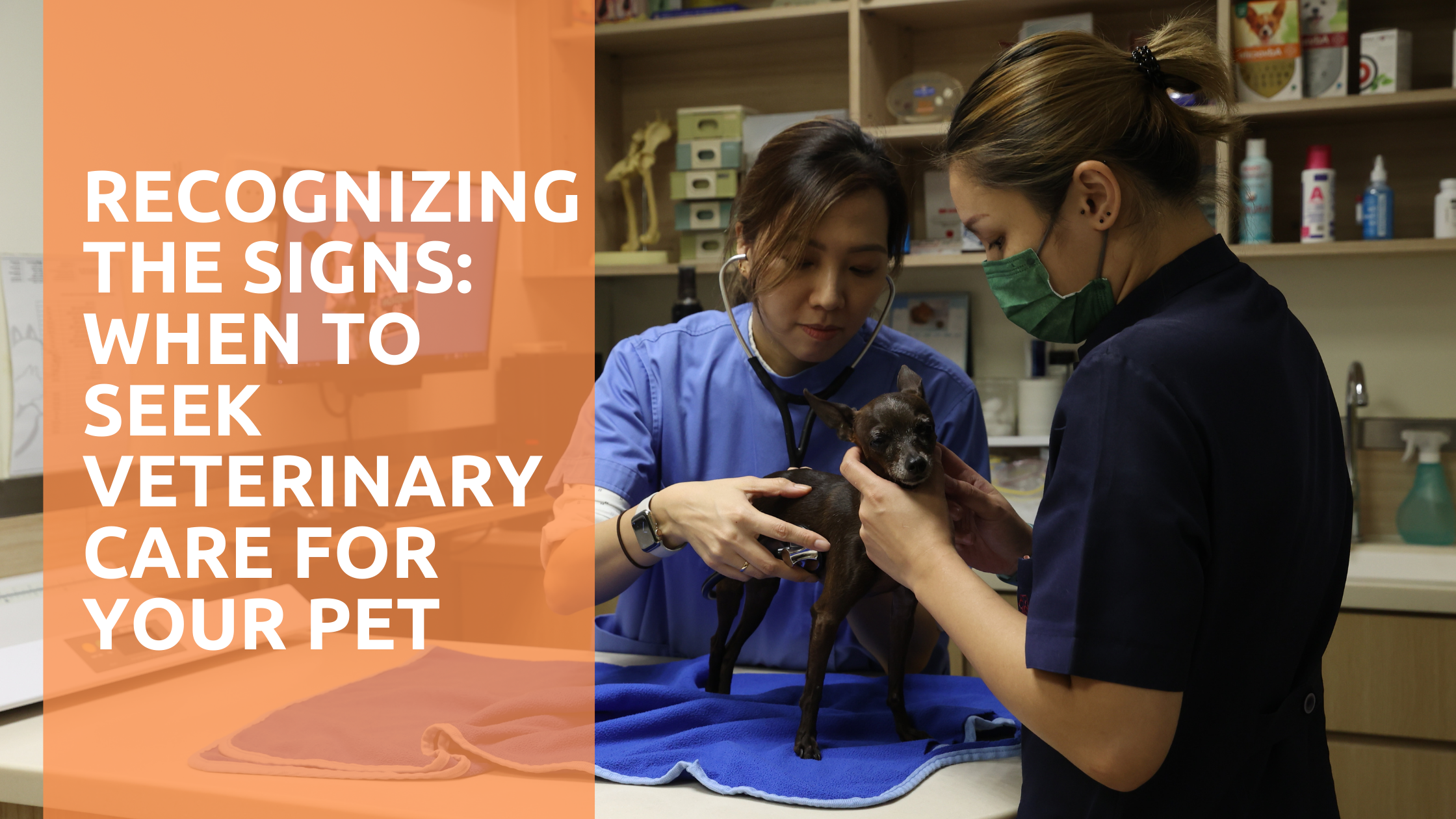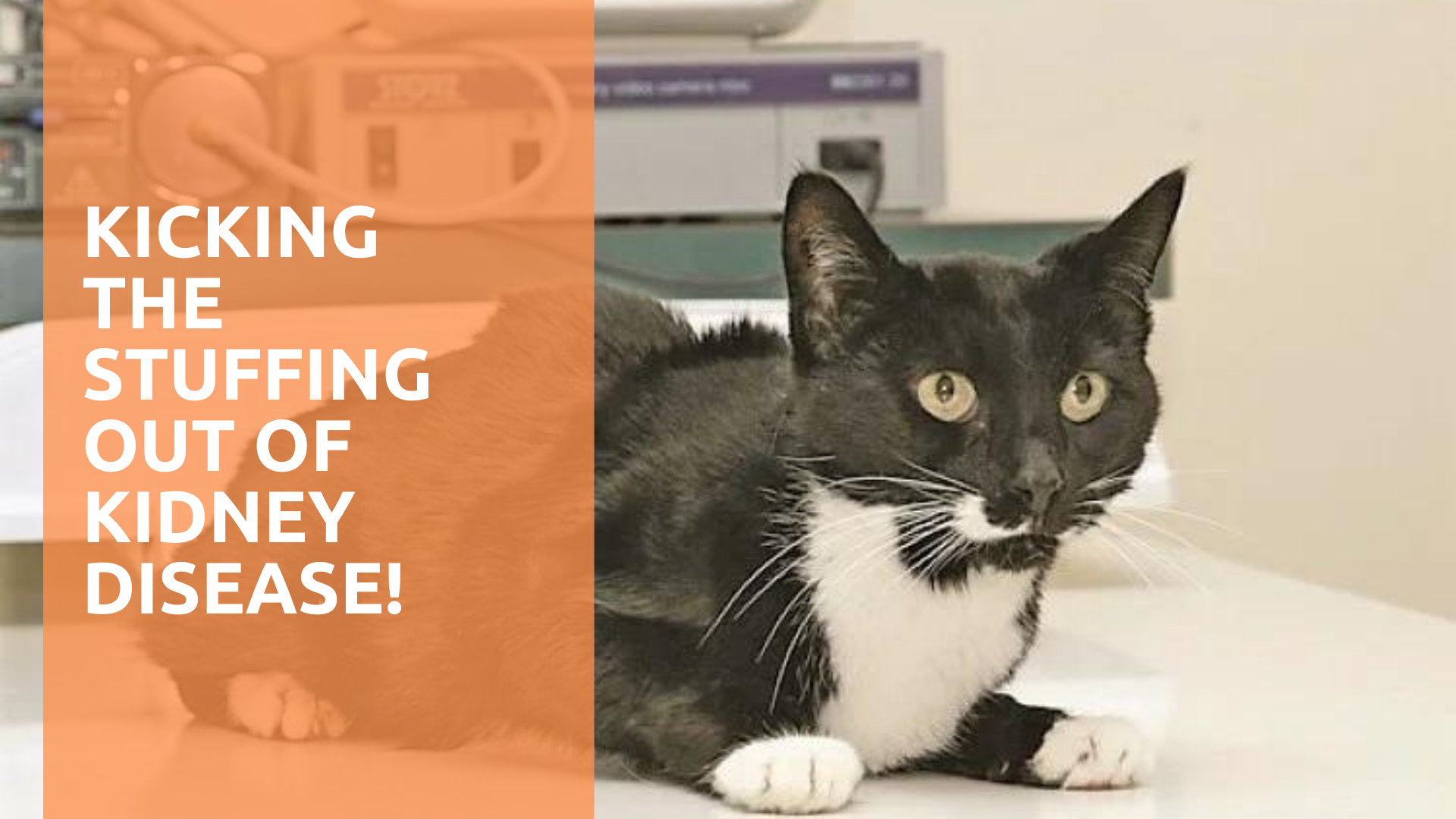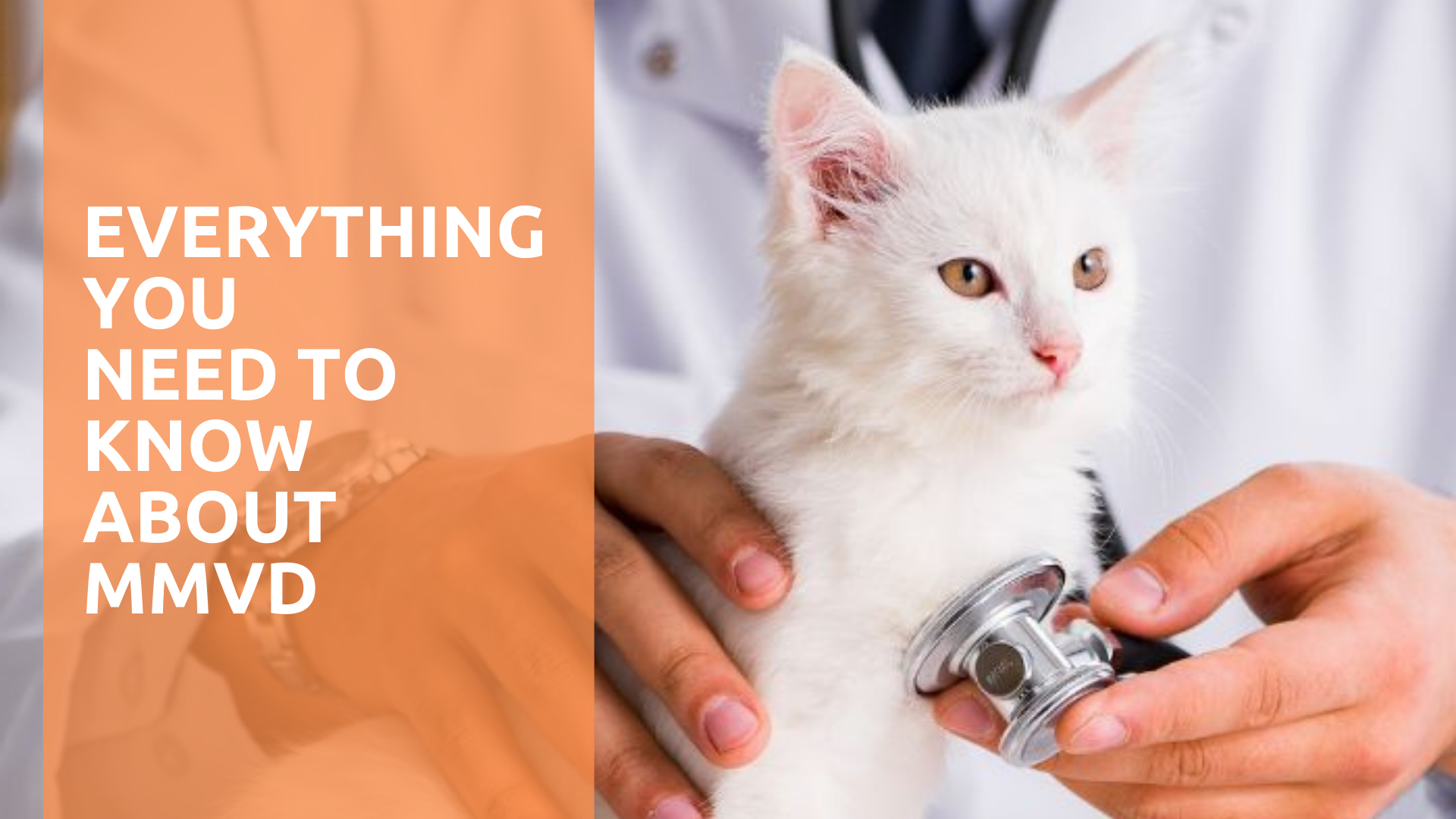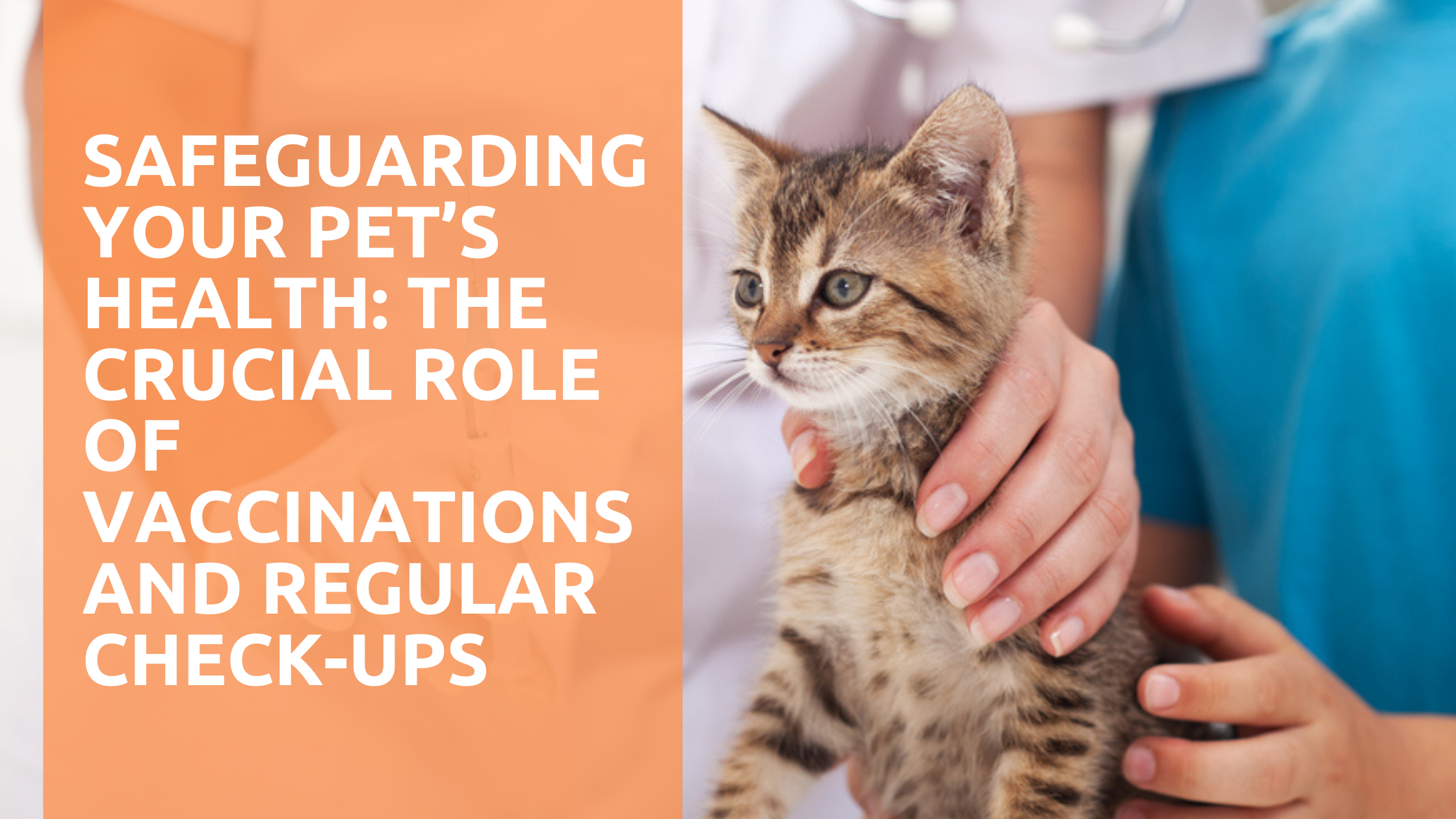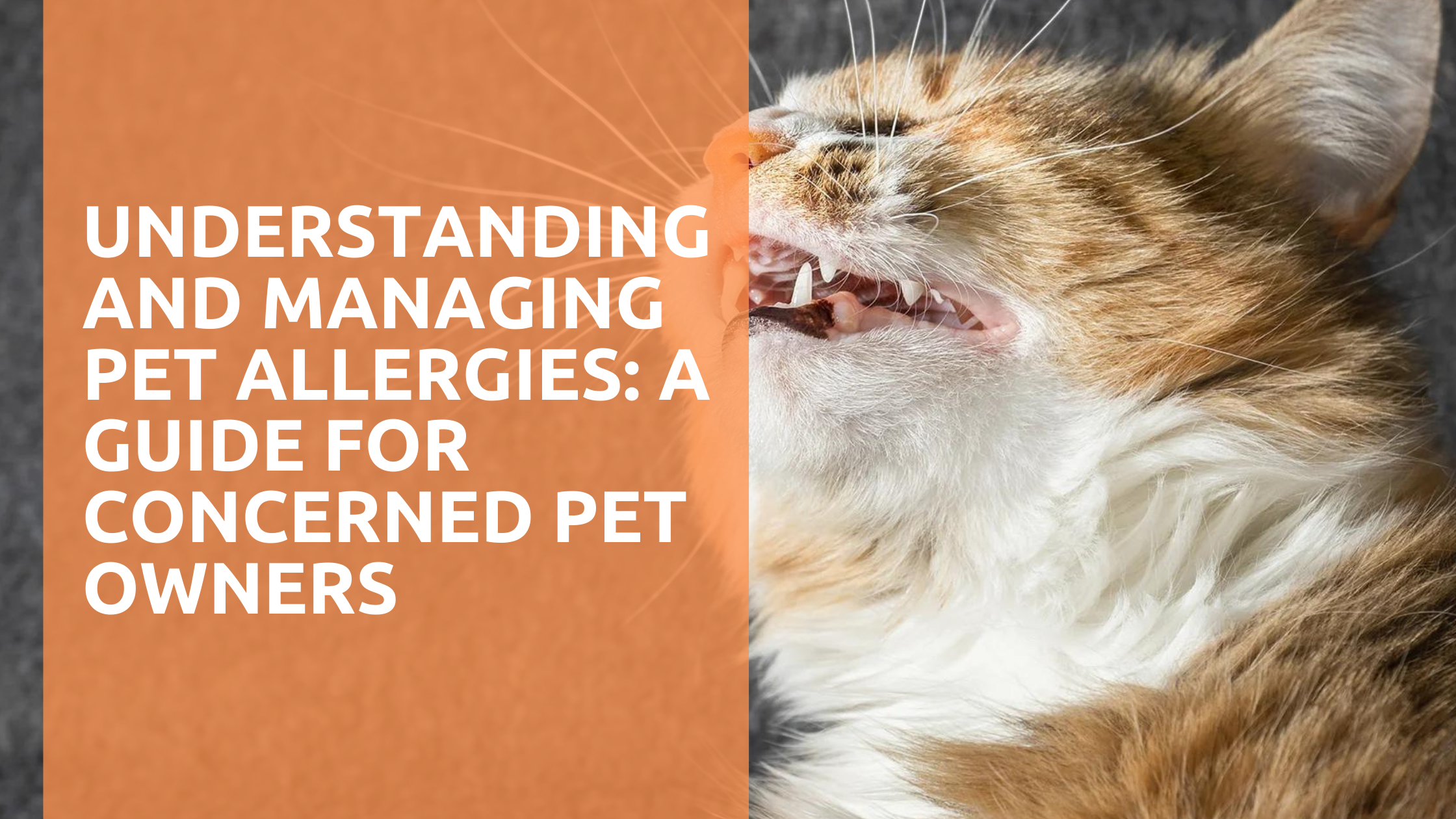While our pets can’t tell us directly when they’re feeling unwell, they often display subtle signs that something might be amiss. Being aware of these symptoms can make a significant difference in your pet’s health and well-being. In this blog, we’ll explore key indicators that it might be time to schedule a visit with your veterinarian.
1. Changes in Appetite
One of the most noticeable signs of potential health issues in pets is a change in their eating habits. Keep an eye out for:
- Sudden loss of appetite: If your normally food-motivated pet suddenly shows disinterest in meals, it could indicate various health concerns, from dental issues to more serious internal problems.
- Excessive eating: While some pets are naturally food-oriented, a sudden increase in appetite can also be a sign of certain health conditions, such as diabetes or hyperthyroidism.
2. Lethargy
If your pet seems unusually tired or inactive, it might be more than just a lazy day. Lethargy can be a symptom of various health issues, including:
- Infections
- Pain
- Metabolic disorders
- Heart problems
Pay attention to changes in your pet’s energy levels, especially if they persist for more than a day or two.
3. Digestive Issues
While occasional upset stomachs can be normal, persistent gastrointestinal symptoms warrant attention:
- Vomiting: Frequent or prolonged vomiting can lead to dehydration and may indicate more serious conditions.
- Diarrhea: Like vomiting, occasional loose stools might not be cause for concern, but persistent diarrhea can quickly become dangerous, especially in smaller pets.
If these symptoms last for more than 24 hours or are accompanied by other signs of illness, it’s time to consult your vet.
4. Respiratory Distress
Breathing difficulties in pets should always be taken seriously. Watch for:
- Persistent coughing
- Wheezing
- Rapid breathing
- Shortness of breath
These symptoms could indicate various issues, from minor respiratory infections to more severe conditions like heart disease or pneumonia.
5. Skin and Coat Changes
Your pet’s skin and coat can offer valuable insights into their overall health:
- Excessive scratching or grooming: This behavior might indicate allergies, parasites (like fleas or mites), or skin infections.
- Hair loss or dull coat: Changes in coat quality can be signs of nutritional deficiencies, hormonal imbalances, or other health issues.
6. Behavioral Changes
Pets often communicate discomfort or illness through changes in behavior:
- Sudden aggression
- Withdrawal or hiding
- Increased anxiety or restlessness
- Changes in sleep patterns
These behavioral shifts can be signs of pain, cognitive issues in older pets, or various other health concerns.
7. Unexplained Weight Changes
Both weight loss and weight gain can be indicators of health problems:
- Unexplained weight loss: Could be a sign of various issues, including dental problems, diabetes, or even cancer.
- Sudden weight gain: Might indicate hormonal imbalances, fluid retention, or other metabolic issues.
Regular weigh-ins at home can help you catch these changes early.
When in Doubt, Reach Out
Remember, this list isn’t exhaustive, and you know your pet best. If you notice any unusual changes or if something just doesn’t seem right, it’s always better to err on the side of caution. Early intervention can often make a significant difference in treatment outcomes and your pet’s overall health.
At [Your Veterinary Practice Name], we’re here to help. Don’t hesitate to reach out if you have concerns about your pet’s health. Our team is committed to providing the best care for your furry family members.
Stay vigilant, trust your instincts, and together, we can ensure your pets lead happy, healthy lives!

